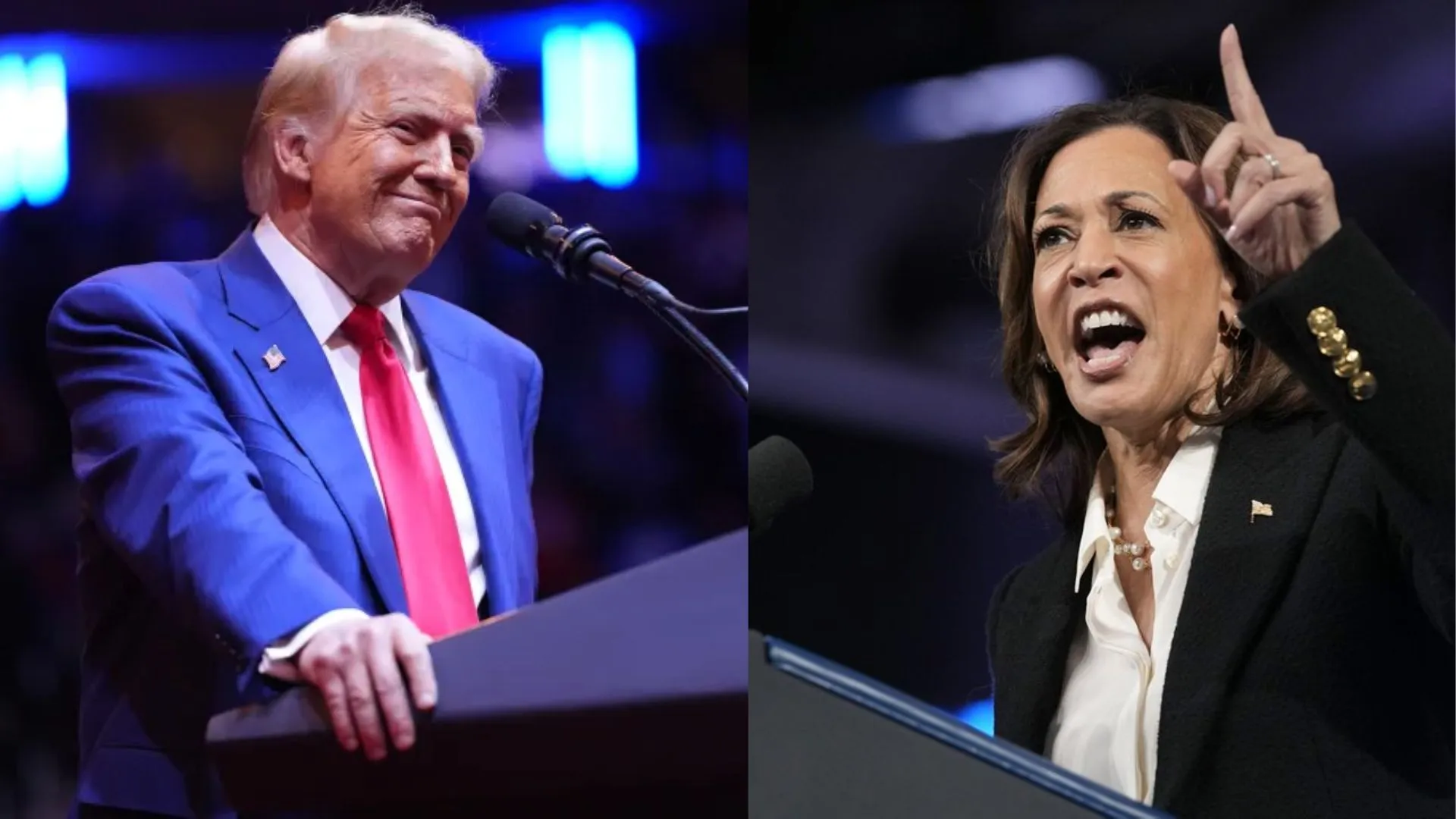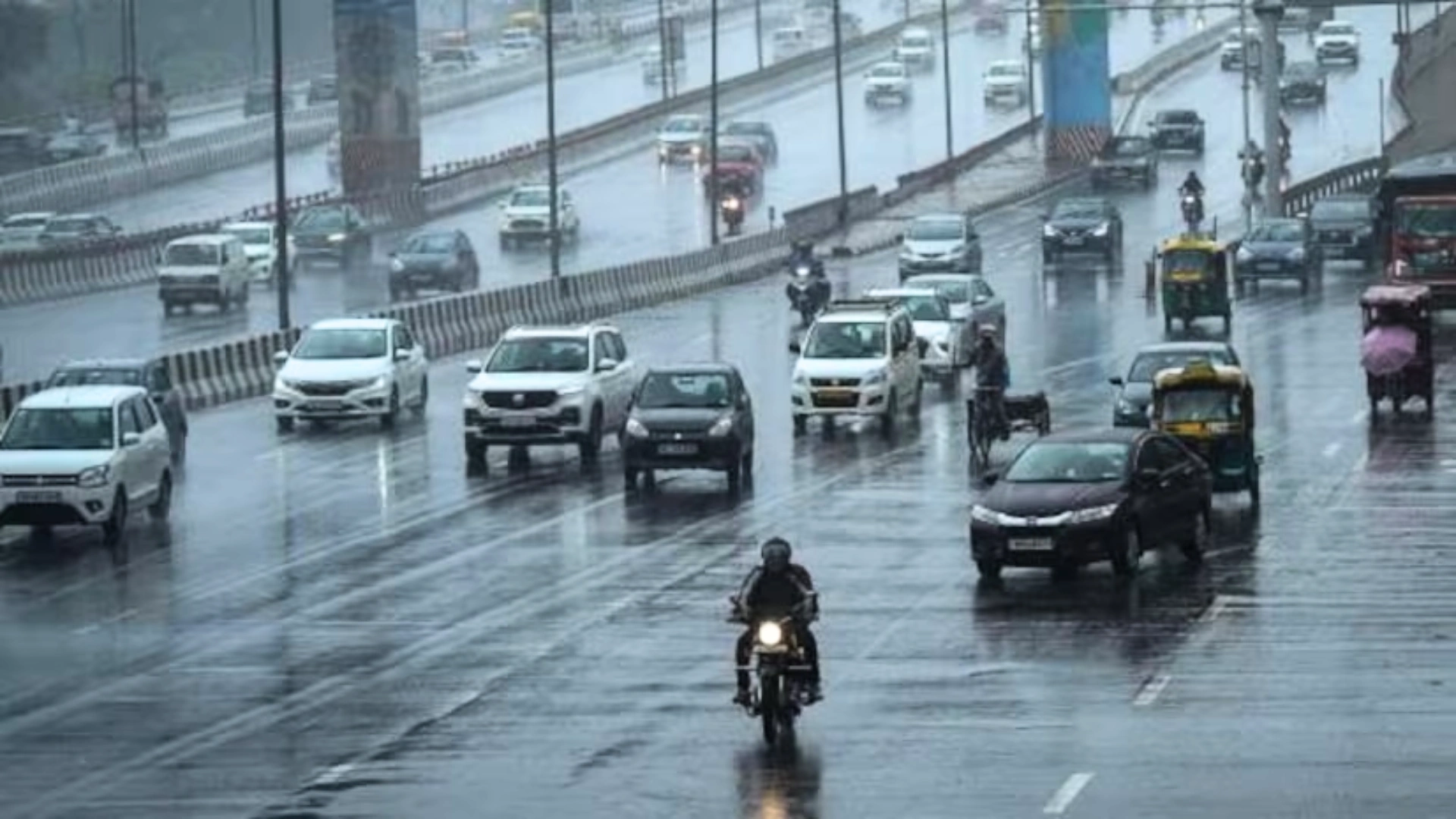As the countdown to Election Day dwindles, both Vice President Kamala Harris and former President Donald Trump are ramping up their campaign activities in critical battleground states, making the final push to secure voter support. This weekend’s efforts could be pivotal, especially in states like Wisconsin and Michigan, which have a history of tight races.
On Friday, Harris concentrated her efforts in Wisconsin, where she delivered a powerful message aimed at union workers. Her commitments included promises to invest in traditional industries like steel and iron while also exploring new manufacturing opportunities, such as solar panel production. By vowing to collaborate with unions to create well-paying jobs, Harris aimed to solidify her support among workers who feel the brunt of economic changes.
Simultaneously, Trump was campaigning in both Michigan and Wisconsin, making a point to connect with voters in person. His rallies featured a similar urgency, where he warned attendees that “it’s now or never.” By framing the election as “the most important election you’ve ever thought about voting in,” Trump sought to motivate his base to act decisively. His events also included moments of nostalgia as he reflected on his long history in politics, recalling the lessons learned from previous campaigns.
MUST READ: US Election 2024: How Voter ID Laws And Early Voting Changes Will Affect Your Ballot
Recent polling indicates that Harris holds a narrow lead over Trump in both states: 48% to 43% in Michigan and 51% to 45% in Wisconsin. These states were won by Trump in 2016 but flipped to Biden in 2020, making them critical for both candidates in their respective strategies. With the stakes this high, both campaigns are aware that every rally, every speech, and every interaction counts.
Harris’ final rally in Milwaukee drew attention not just for her political messages but also for its star-studded lineup. The event featured performances from well-known artists, including rappers Flo Milli and Glorilla, and a notable endorsement from Cardi B. The Grammy-winning artist shared her initial hesitance to vote until Harris entered the race, thus underlining Harris’ ability to galvanize younger voters and culturally diverse demographics.
On the other hand, Trump’s rhetoric continues to draw scrutiny, particularly his comments regarding former Republican Rep. Liz Cheney, whom he labeled a “war hawk” and suggested should face violence. The backlash from his remarks was immediate, with Harris calling the comments “disqualifying.” This exchange highlights the broader discourse about political rhetoric and its implications as candidates seek to differentiate themselves in the final hours of campaigning.
Wisconsin’s political landscape is particularly volatile, with four of the last six presidential elections decided by less than a percentage point. In 2016, Trump won the state by a slim margin of 0.7%, while Biden reclaimed it in 2020 with a victory margin of 0.6%. With such close historical contests, every vote matters, and both candidates are keenly aware that their final messages will resonate with voters.
As both Harris and Trump accelerate their campaign efforts in these pivotal battleground states, the intensity of their messages and the energy of their events reflect the high stakes of the upcoming election. With polls indicating a competitive race, the final weekend serves as a crucial moment for both campaigns to solidify their support and address the issues that matter most to voters. The outcome in states like Michigan and Wisconsin could very well determine the next chapter in American politics.
ALSO READ: Who Is Richard Spencer? Controversial White Supremacist Endorses Kamala Harris


















